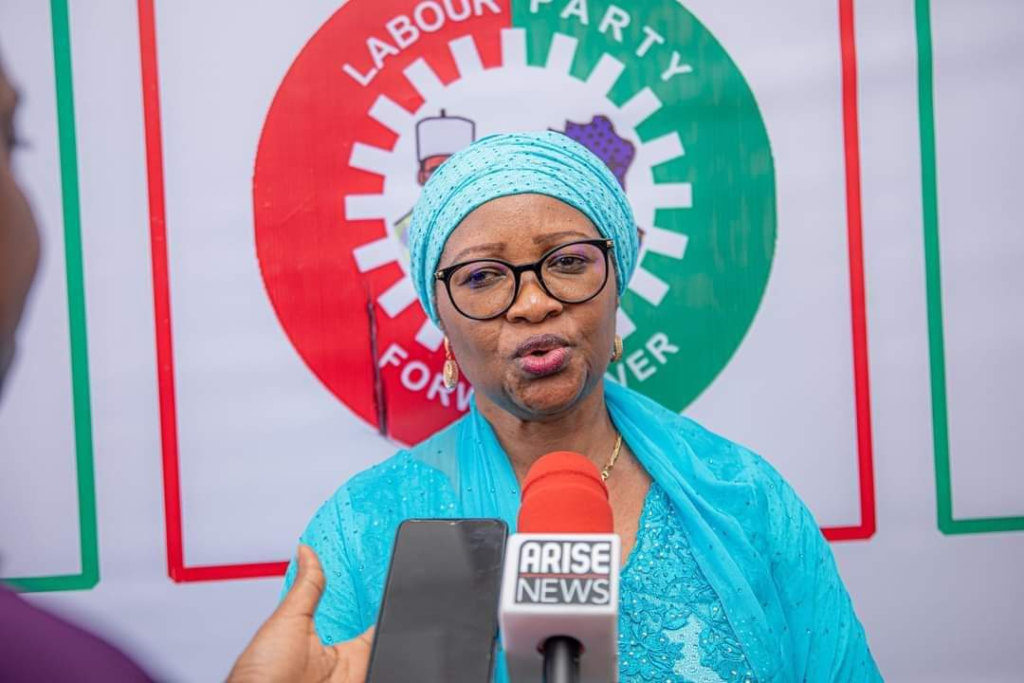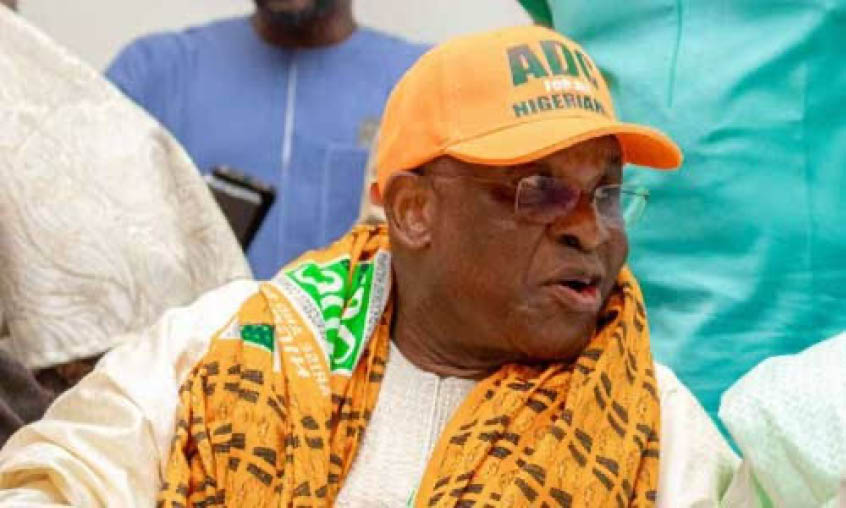The Democratic National Convention is set to begin on Monday, with Gaza protests posing a potential challenge to what is intended to be a unifying event for Vice-President Kamala Harris as the party’s presidential nominee. The Harris campaign hopes the Chicago convention will be a joyous celebration following President Joe Biden’s sudden withdrawal from the race in July.
However, concerns are mounting that an internal party debate over the Gaza conflict could disrupt the Democrats’ unity during the convention and ahead of the November election, now less than 80 days away. The convention will conclude on Thursday with Ms. Harris delivering a primetime speech after formally accepting the party’s nomination.
Throughout the week, President Joe Biden, former Secretary of State Hillary Clinton, former President Barack Obama, and other prominent party figures, along with a star-studded lineup of actors and entertainers, will take the stage at the United Center in Chicago. They will commend the vice-president and sharpen their criticisms of her Republican challenger, former President Donald Trump.
The Harris campaign has not commented on how it will address the sensitive issue of U.S. policy towards Israel and the ongoing conflict in Gaza. Israel launched a military campaign in Gaza aimed at dismantling Hamas following the group’s 7 October attack on southern Israel, which resulted in approximately 1,200 deaths and 251 hostages taken. Israel has faced international criticism for the high civilian toll in Gaza, with Hamas-run health authorities reporting over 40,000 deaths since the conflict began.
While Ms. Harris has not yet outlined a clear policy on Gaza and Israel, her campaign has introduced a series of economic proposals and is under pressure to provide more detailed policy positions. She has called for a ceasefire and urged respectful treatment of protesters at her rallies but stopped short of endorsing a weapons embargo on Israel, as some progressives have demanded.
Dissatisfaction with the Biden administration’s handling of the conflict led more than 750,000 voters to choose “uncommitted” during the Democratic primary earlier this year, raising concerns that these voters may abstain from voting or support a third party in November. While the momentum of the “uncommitted” campaign has waned in recent weeks amid growing excitement over Ms. Harris’s candidacy, its impact will still be felt at the convention, especially in key swing states like Michigan.
Though only three dozen delegates at the convention will represent the “uncommitted” vote, they represent hundreds of thousands of discontented voters. These delegates, many of whom are long-time Democratic organizers, will be vastly outnumbered by the more than 4,500 delegates committed to supporting Ms. Harris. Despite this, they plan to use the convention to push the Harris campaign and the Democratic Party to take action on Gaza.
“We know that this is not a small task. We are challenging a 40-year-old status quo in U.S. policy, and it won’t change overnight,” said Samuel Doten, a Democratic organizer and “uncommitted” delegate. Several “uncommitted” delegates hope to persuade others at the convention to join their call for Ms. Harris and the Democratic Party to endorse a ceasefire and an arms embargo against Israel. They emphasize that their goal is not to disrupt the convention or the election but to encourage the party to adopt policies that resonate with Democratic voters.
“There are thousands of voters across the U.S. who voted ‘uncommitted,’ so it feels like a huge responsibility for us to present their wishes and ensure that their voices are heard and amplified within the party,” said Adrita Rahman, who will attend the DNC for the first time as an “uncommitted” delegate.
As for the protests, it remains uncertain how they will be organized and how many people will participate. The largest demonstration of the week is expected on Monday, with organizers predicting “many thousands” of participants. They had initially estimated 100,000 protesters but have since revised that figure to “many, many thousands” on Monday and “tens of thousands” throughout the week.


























